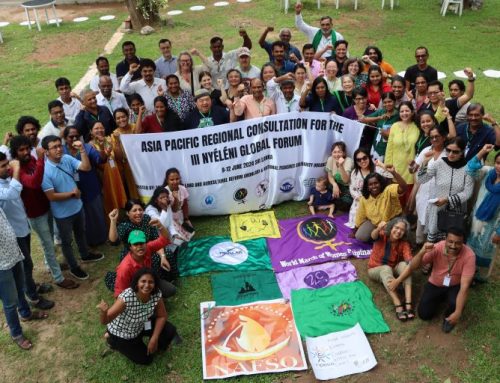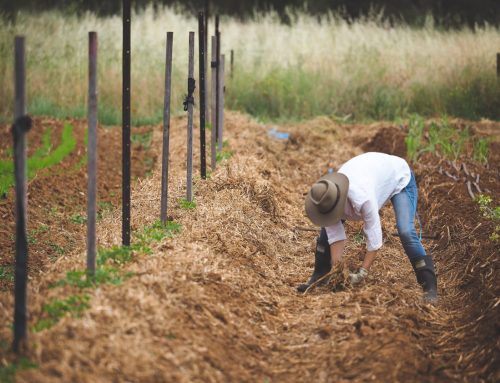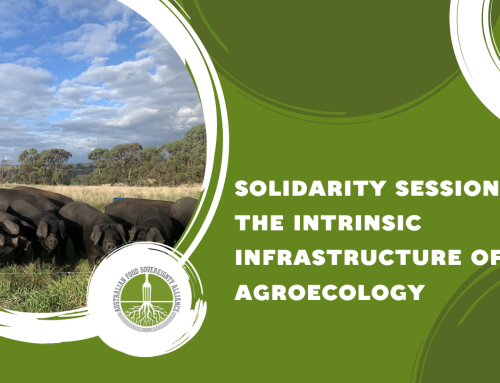On February 18, as a member of the International Planning Committee for Food Sovereignty, AFSA delivered the following intervention to the 24th meeting of the Subsidiary Body on Scientific, Technical and Technological Advice, discussing recommendations for the post-2020 Global Biodiversity Framework.
It calls on delegates to ensure the framework upholds the rights of indigenous peoples and peasants who have strenghtened and protected the biodiversity we all depend on, and to show their strong support for the agroecological approaches that feed three-quarters of the world.
See the full intervention below:
“The International Planning Committee for Food Sovereignty (IPC) is an articulated space representing 6000 grassroots organizations and social movements of Indigenous Peoples and small-scale food producers.
Indigenous peoples and small scale food producers have protected, developed and strengthened the biodiversity on which we all depend for thousands of years; the recognition and protection of their role is enshrined in the UNDRIP and the UNDROP.
Ensuring certain and stable tenure rights to small-scale food producers and Indigenous peoples, protecting them from the negative consequences of biotechnology through a reaffirmation of the precautionary principle, and putting in place participatory monitoring mechanisms in which all interested stakeholders have the right to report, are measures that the Framework must provide for.In this context, we would like to remind delegates that agroecology is based on our rights to seeds and biodiversity, as well as our knowledge, innovation and practices.
Agroecological systems feed three quarters of the world with just one third of the land already, so we cannot help but question what vested interests make it so difficult to include explicit promotion of agroecology from the world’s strategy to preserve biodiversity. Given the limited success of two decades of CBD target-setting policies, including the failed Aichi Targets, adopting another set of numerical biodiversity targets seems misguided. Numerical targets reduce the issues facing the world’s complex ecosystems to ‘paper targets’ divorced from questions of quality, and can distract and divert resources from effective implementation.
We support the creation of targets based on ‘vectors of change’, where narratives can be built to show synergy amongst stakeholders (such as Indigenous peoples and smallholders), themes of conservation, sustainable use, and benefit sharing, and systems such as mountains or deep seas. Such an approach would also allow the framework to map accountabilities from local to national levels, as we know implementation is only effective at grassroots to national levels.
The industrial food system and extractive industries are the primary causes of climate change, biodiversity loss, and the destruction of ecosystems. A transition to more diversified and sustainable systems of food production and a rapid transition away from unsustainable energy, manufacturing, and transport industries is therefore urgent. Setting targets that steadily increase areas controlled and managed by Indigenous Peoples and small-scale food producers is one sure way to reverse the biodiversity losses the world is currently experiencing.”




